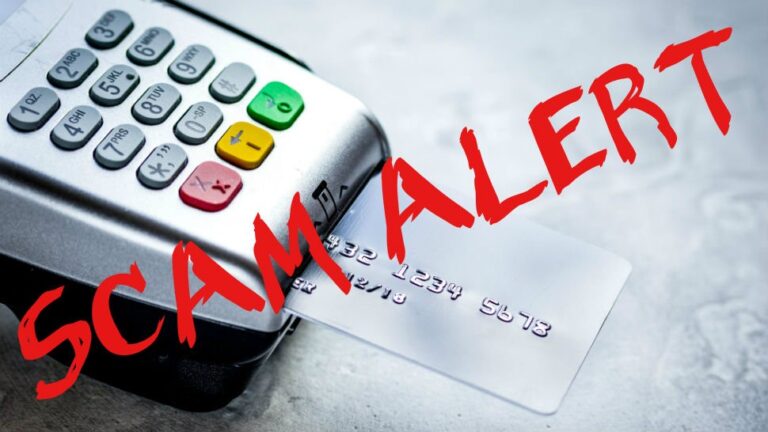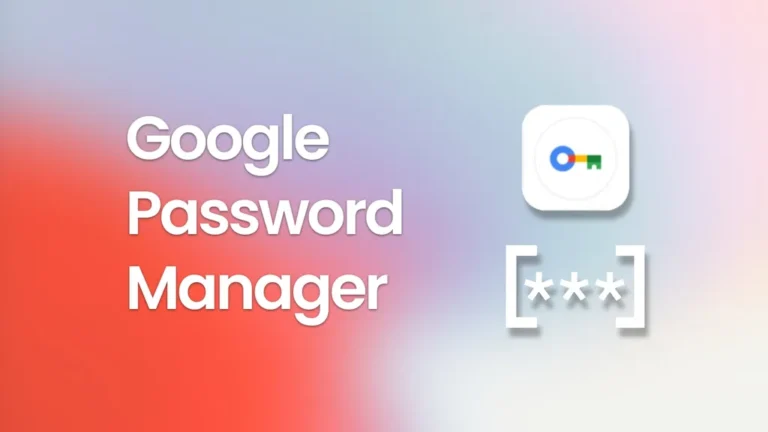A Guide to Protecting Yourself From Financial Scams
Article provided by: https://www.financialforce.com/library/a-guide-to-protecting-yourself-from-financial-scams/
Many types of scams exist, but they all have one thing in common: They’re all designed to con people into revealing their personal information or handing over their money. Some scans are easy to see through, but others can be difficult to catch. That’s why it’s important to learn how to recognize a scam and what to do if you think you’ve been targeted by or fallen victim to a financial scam.
Types of Scams and How to Recognize Them
Some scammers may choose to knock on your door, while others will try an unexpected email or phone call. Thanks to the Internet, scammers have more options than ever before to scam people out of their hard-earned money. Some of these scams are easy to notice, but others are much more sophisticated. Some examples of scams include:
- Advance fee scams, in which scammers promise a loan, prize, grant, or inheritance as long as you pay a fee up front through a wire transfer, online payment, or gift card
- Tech support scams, which occur when you receive a call or a pop-up on your computer that appears to be from a reputable company like Microsoft or an antivirus company. They tell you that you have a computer problem and they can fix it as long as you call the number on the screen and allow access to your computer or pay a sum of money.
- Phishing, which is the most common type of scam. It can be done by phone, text message, email, or postal mail. In these situations, someone poses as a known company or trusted source and asks for your personal information, such as your Social Security number, credit card number, bank account details, or password.
Signs of Financial Scams
Not all financial scams are easy to spot, but many scams have similar red flags. One of the biggest red flags is that the scammer will give you an urgent deadline to act: They want to put pressure on you to make a split-second decision, rather than giving you time to sit back and think about what they said. Scammers know that if you have time to think, you may spot the holes in the scammer’s story.
Other warning signs of financial scams include:
- Messages you aren’t expecting
- Requests for unusual payment methods (wire transfer, gift cards, etc.)
- An emotional appeal
- Information that can’t be verified with a Google search
Ways to Protect Yourself
It isn’t impossible to protect yourself from a scammer! Even if it is a very sophisticated scam that you cannot see through at first, there are still things you can do to protect yourself or limit yourself from being the target of more scams in the future.
- Block calls and texts from numbers you don’t recognize.
- Use updated security software on your phone and computer.
- Create unique usernames and passwords for all of your accounts so that if one account is compromised, the rest of your accounts are not affected.
- Enable multi-factor authentication whenever possible so that multiple credentials are necessary to log into an account.
- Never give out your personal information online, whether you think you know the person or not.
- If you’re asked to send money in a fishy way, such as a wire transfer, gift cards, or any other suspicious way, do not do it.
- Never provide your Social Security number online.
- Get a second opinion from somebody you trust if something sounds sketchy at any point.
- Report any scams that target you or a loved one to the FTC so the scammers can be caught before they claim more victims.
- Verify all information and check for signs of security whenever you plan to spend money online.
Signs of Good Security
Whether you are shopping online or in person, scammers are everywhere. You can minimize your chances of being targeted by a scammer by looking for signs of good security everywhere you go.
When shopping in person:
- Always swipe, tap, or insert your debit or credit card by yourself instead of handing it to a merchant.
- Use cash or prepaid cards to minimize the risk or damage of a scam.
- Set alerts with your bank so if you spend over a certain amount, you get a notification sent to you. That way, you can find out right away if your card was used for something fishy.
- Keep your credit card, personal information, and other valuables safe. Scammers may hear you providing your information and watch where you keep your valuables in order to take them from you when you aren’t paying attention.
When shopping online:
- Only shop from secure websites. Secure websites have URLs that start with HTTPS instead of just HTTP. You can also click on the padlock symbol next to the website address to see the site’s security certificate.
- Pay using a credit card or an online service like PayPal.
- Be cautious of good deals that seem too good to be true, as they may be exactly that.
- Find out how old a website is. If a brand new site launched right before the holiday season, that may be suspicious. Take the time to research the brand; if it’s transparent about its story and how your information will be used, it’s more likely to be trustworthy.
- Always keep an eye on your accounts so you’ll notice suspicious activity as soon as it happens and be able to report it to your financial institution immediately.
Additional Resources to Protect Yourself From Scammers
- Consumer Protection: Common Scams: This page from the Texas attorney general lists examples of some of the most common scams, how they can be spotted, and how they can be avoided.
- Six Signs It’s a Scam: This easy-to-follow paper explains six common red flags that could be signs of a scam.
- What Are Some Classic Warning Signs of Possible Fraud and Scams? The Consumer Financial Protection Bureau explains the classic warning signs of fraud and scams.
- How to Spot the Red Flags of Fraud: This article discusses what the most common red flags are for scams that you may be targeted for.
- Scams and Fraud: Phishing: Phishing is a common type of scam, and this article from the AARP goes over what it is and how to spot it.
- Scam Tips: The Better Business Bureau lists a variety of different common scams and how to catch them.
- How to Help Someone if You Think They’re Being Scammed: This article covers the warning signs of scams, what to do if somebody you know has been targeted by a scam, and how to help them protect themselves.
- How to Protect Yourself From Phishing: Consumer Reports discusses how to stay safe from phishing scams and the best defense you can put up to keep yourself from being a target.
- Common Scams and Crimes: It isn’t hard to get educated and learn a few basic steps to keep yourself from becoming a victim of scams. Learn about some of the most common scams and how to avoid them here.
- Scholarship Scams: Every year, thousands of students and parents lose money to scholarship scams, believing that they will get more money for college in return.
- Phishing Education: This educational page from the University of Rochester covers everything you need to know about phishing.
- Protect Yourself From Utility Scams: Some scammers will call or send fake representatives to your home to discuss your utilities by saying your bill is past due and you need to pay them immediately. This page discusses how to keep yourself from being victimized by these scams.
- Scams, Fraud, and Crime: The Alzheimer’s Association discusses several different types of fraud and things you can do to protect yourself.
- Avoiding COVID-19 Scams: This tip sheet explains a common new type of fraud where you may get an email or phone call that’s allegedly from the CDC, asking for a donation during the pandemic.
- Online Security and Safety: Learn about online threats, how to protect yourself, and how to report cybercrimes.
- Cyber Tip: Spot Signs of Phishing: This video and associated article explain how to spot the signs of phishing scams.
- Identifying Phishing Emails: The University of Houston lists common phishing emails that have been reported so you can see how to recognize them.
- Spot the Scam Signs: Quiz yourself to see if you can spot the signs of a scam in each image.
- How to Protect Yourself Against Scams: This document from Legal Services of Northern Virginia covers how to protect yourself from COVID-19-related scams.
- Report a Housing Scam: Mortgage and rental housing scammers rob people of their homes and money, but you can take action to stop that from happening if you or somebody you love is affected.
- Protect Yourself From Financial Fraud: The Investor Protection Trust offers a guide to how to protect yourself from financial fraud.
- Senior Scams: This brochure covers scams that affect senior citizens. Seniors are the most commonly targeted group by scammers.
- Phishing: Fraudulent Emails, Text Messages, Phone Calls, and Social Media: Fraud can be incredibly dangerous; that’s why it’s important to recognize the signs of phishing.
- What Is Phishing? This website covers everything you need to know about what phishing is, types of scams, and how to prevent it from happening to you or somebody you love.





